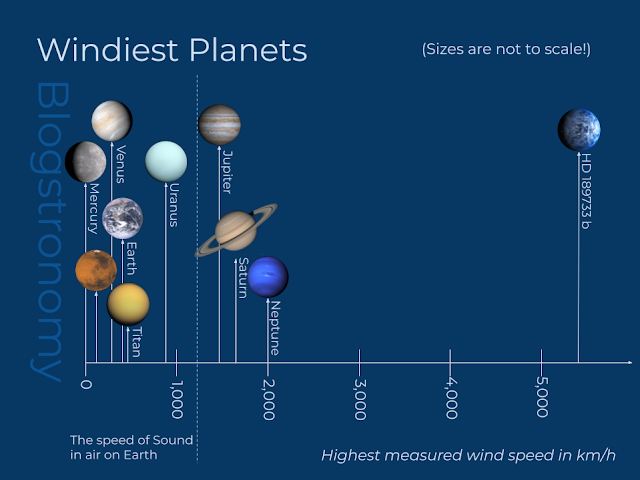What is a partial solar eclipse?
There will be a partial Solar eclipse tomorrow (January 4th 2011), so I thought this would be a relevant post to make!
An eclipse is any event in which one body obscures another. The word 'solar' is used to describe things to do with the Sun, so a solar eclipse is when something obscures the Sun from our viewpoint. Usually when we talk about solar eclipses, we're referring to a time when the Moon moves between the Sun and Earth, blocking out some or all of its light. Here's a full video of a partial solar eclipse as viewed from Chelmsford on October 25th 2022 (yes, I've updated this post a bit!):
Why do solar eclipses happen?
As the Earth orbits the Sun, our Moon orbits the Earth in almost the same plane. This means that every so often the Moon wanders in front of the Sun and gets in the way of its light from our point of view. Eclipses can only happen when the Moon is closer to the Sun than Earth is, and this happens only when the Moon is in the 'New Moon' phase.
A solar eclipse doesn't happen every time there is a new Moon, though, because of the fact that the Earth-Moon system is tilted slightly compared to the plane in which it orbits the Sun. We can expect to see solar eclipses somewhere on Earth at least twice a year, but there can be up to five. Most of these, however are partial solar eclipses.
What is a partial solar eclipse?
A total solar eclipse is the most famous type- the Moon moves
exactly in front of the Sun and covers it completely. These can last for a
matter of minutes and are quite a weird experience.
A partial solar eclipse is when the Moon blocks only part of the Sun's disc in the sky. The effect is less dramatic, but still an excellent example of the clockwork that is played out in the skies above us.
When is the next solar eclipse?
The next partial solar eclipse viewable from the UK will be on:
-
tomorrow morning (4th Jan 2011) at sunrise -
20th March 2015 -
21st August 2017 -
11th August 2018 -
10th June 2021 -
25th October 2022 - 8th April 2024
The Moon will cover a fraction of the Sun's disc, potentially causing a noticeable dimming.
It is really, really important that you don't look directly at the sun if you intend to witness this event: you could damage your eyes irreparably, even to the point of blindness.
The next total solar eclipse visible from the UK won't be until September 23rd 2090; the last was on 11th August 1999.
The next total solar eclipse will be on April 8th 2024, but you'll have to travel to be able to see it. The longest duration of totality will be experienced by people in Mexico, but totality can be seen from areas within the blue band on the image below. It will be visible as a partial eclipse from western areas of Great Britain.
More info
- A list of solar eclipses visible from the UK (Wikipedia)
- How to safely view a solar eclipse (Astronomy Now)




I remember the total solar eclipse in 1999. It was Summer holidays. It was very weird. It went very quiet and a bit cold and my cat curled up into a ball. That was the day I decided I wanted to be an Astronomer... yeah, that worked out well.
ReplyDeleteIt was in the summer just after I'd finished my GCSEs... A glorious day, and we had an eclipse party at a friend's house.
ReplyDeleteIf you're thinking and learning about astronomy, then you're an astronomer :-)
Does reading your blog count then? ;)
ReplyDeleteWell, you're taking an active part by commenting, so I'd say so ;-)
ReplyDelete